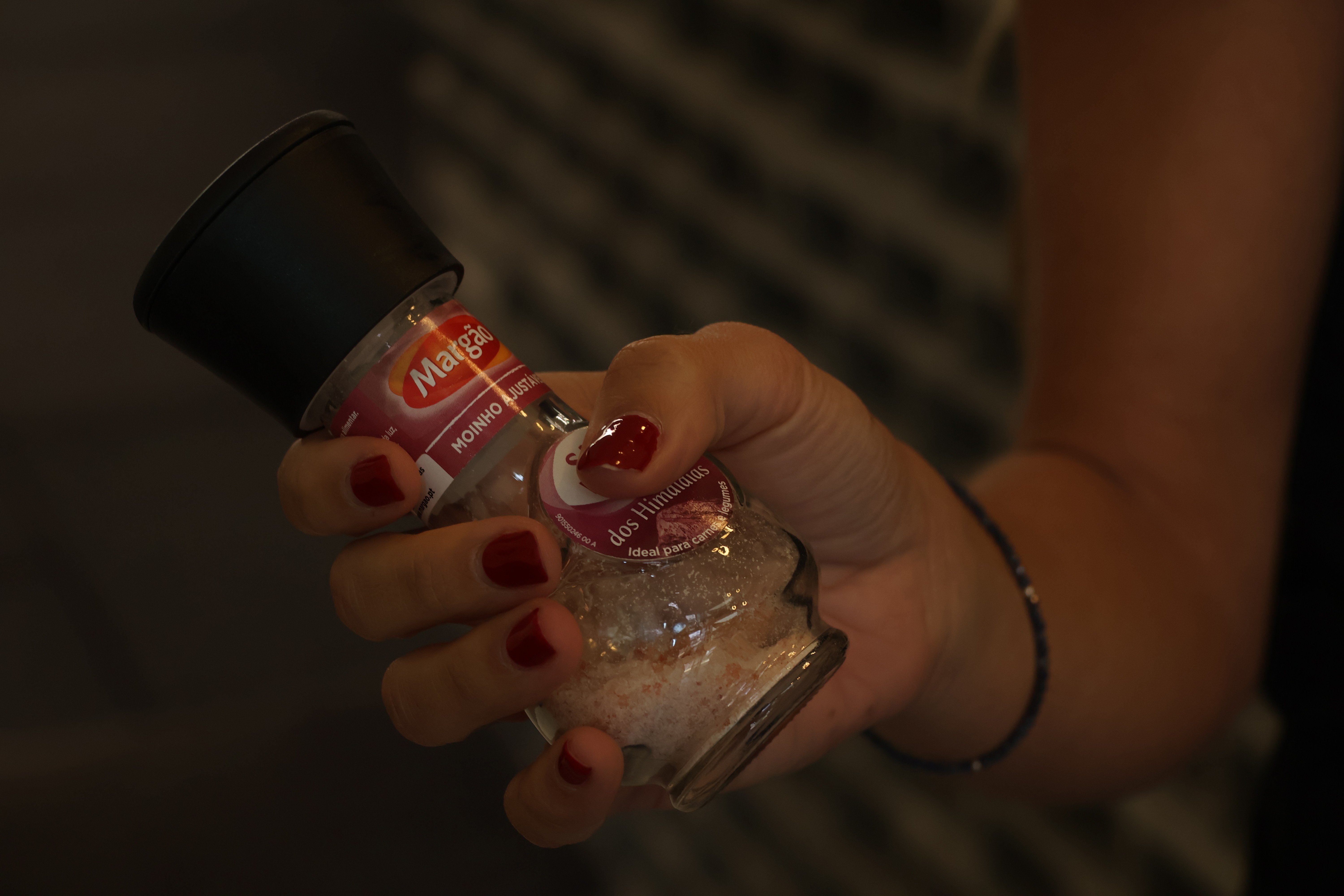2
min read
Is the meat organic? Is the bread gluten-free? Does it contain lactose? If these thoughts dominate your mind, you’re not alone.
What is Orthorexia?
Orthorexia, or Orthorexia Nervosa (ON), is an unhealthy obsession with healthy or “pure” eating. This condition arises from a deep desire to avoid "poisonous" foods and maintain health, but it can consume your thoughts to the point where the avoidance of certain foods becomes extreme.
How clean eating can fuel Orthorexia
The clean eating trend, which promotes eating whole, unprocessed foods and cutting back on refined and artificial ingredients, aims to optimize health, manage weight, and boost energy. However, this trend can sometimes lead to overly strict eating habits, unrealistic body ideals, and make certain foods look unnecessarily “bad”. As this trend grows, finding a balance between smart eating and avoiding extreme diets becomes increasingly challenging.
Foods commonly avoided by people with Orthorexia:
Gluten (pasta, bread, wraps, couscous, cereal)
Carbohydrates
Non-seasonal produce
Non-organic foods (fruits, vegetables, meat, eggs, dairy)
Processed foods (containing preservatives, colorings, and other additives)
High-fat foods (butter, ice cream, fried foods)
And the list goes on.
While some of these avoided foods, like fast food, are not particularly healthy, the problem with Orthorexia is the exaggerated fear behind the avoidance. This fear can often extend to foods that are good for you, such as certain carbohydrates like rice.
Health consequences of Orthorexia
The extreme restriction can lead to malnutrition and exaggerated weight loss. The unbalanced diet can cause nutritional deficiencies, leading to weak bones and a poor immune system.
On a mental health level, orthorexia has been compared to certain eating disorders and other mental health illnesses, though it is still not classified as such. The anxiety over food quality and composition can distance you from loved ones, making you avoid eating out, sharing meals, and not showing up to social occasions out of fear that the food will not be “clean” or “proper.”
Risk factors
Risk factors for orthorexia include personality characteristics such as perfectionism, a history of dieting, frustration with appearance, and exposure to media that encourages unrealistic body ideals and “clean eating” trends.
What can you do about it?
Eating should provide pleasure - not distress. If you feel more distress, seek help from a health professional. A certified nutritionist can help you deconstruct and demystify the composition of foods and their actual effects on your body. In certain situations, temporary psychological support might also be recommended to help you regain a healthy relationship with food, too.
Finding balance is possible, and you don’t have to do it alone - book a call with your coach and let’s find out what works best for you!













